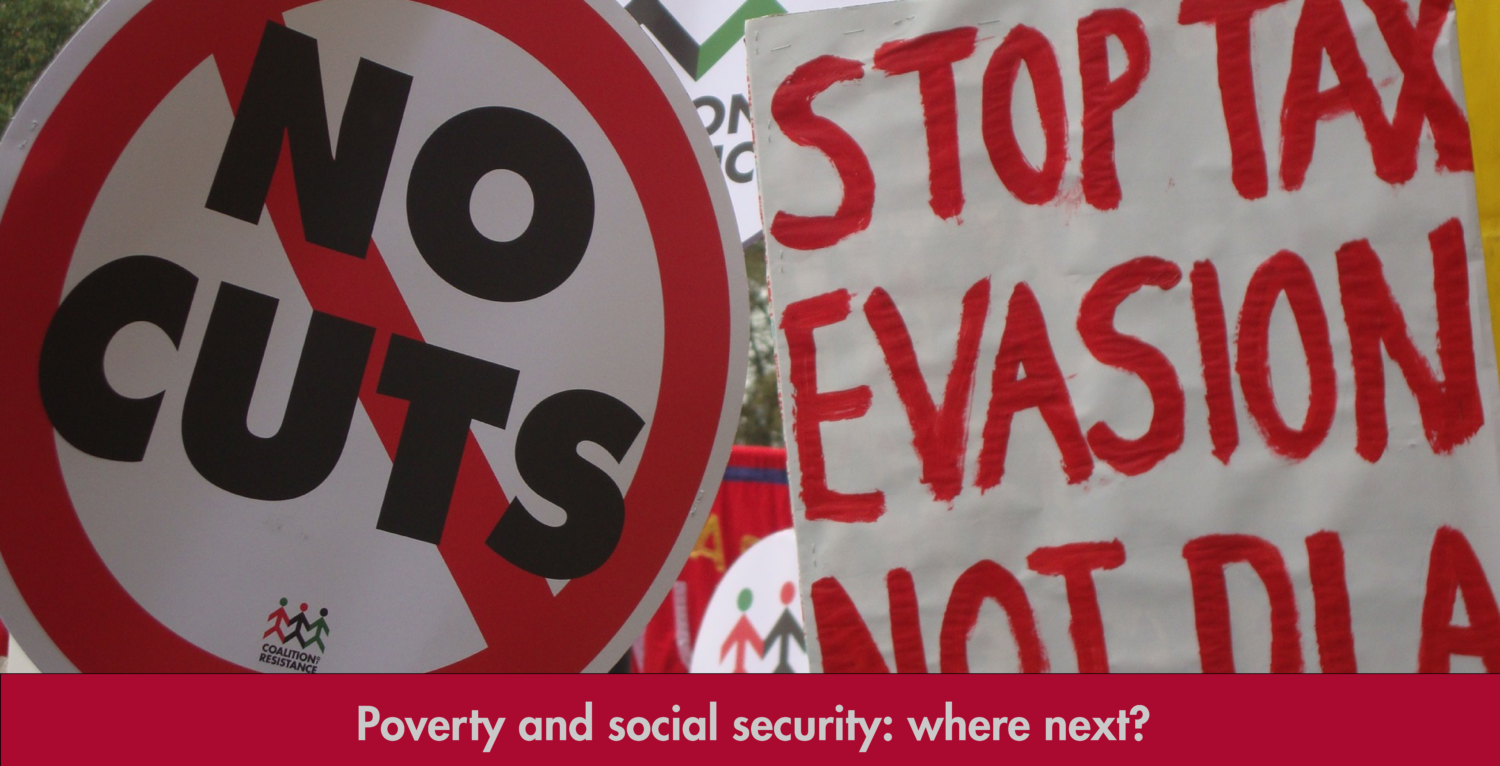Commanding public confidence
To combat declining public support for social security, our system must be designed in a way that recognises that we all have a stake in its future, writes Claire Ainsley.
For people living in poverty in the UK, the workings of the social security system are too often part of the problem, not part of the solution. People will overwhelmingly talk about the lack of dignity they experience, compounding the dehumanising effect that living in poverty has already had on them.
If we expect social security to be a route out of poverty, we must design a system that creates the conditions for people to flourish. In schools, homes and workplaces, we aim to inspire confidence, skills, belief and opportunity. Yet for people in poverty, the current social security system does none of these things.
People are currently being swept into poverty in circumstances that could never be imagined when the welfare state was established. A system that was born of a form of collective social insurance against unemployment now has to grapple with a growing population that is living longer, more people with disabilities and fluctuating conditions, work not paying enough to meet minimum needs, and soaring housing costs.
We all want to live in a society which is just and compassionate – this is clear in how people view other public services such as the NHS. A social security system fit for the 21st century has to similarly put the human experience at its core if we want people to be freed of the constraints of poverty and achieve a decent standard of living.
Amongst the general public, there is broadly high support for the welfare state, although attitudes have hardened over the past few decades. There are different concerns between the generations, but overall there are low levels of trust in the effectiveness of the benefits system. This is unlikely to increase anytime soon given the scale and public spotlight on failures in the implementation of universal credit.
Declining public support for social security is a serious problem for all of us – a system that lacks public legitimacy harms our sense of what we can rely on when times are hard and makes the safety net provided by social security more vulnerable to further erosion.
Clearly there are significant improvements that need to be made to universal credit to make it work better for its intended purpose of simplifying benefits. But the challenges facing a modern social security system will not be solved simply by improving benefit administration, as important as that is. They need to be part of a reshaping of how individuals are equipped to interact with the labour and housing markets in modern Britain.
Our social security system is there for all of us, and most of us at one time or another will need it. How do we work towards a social security system for the 21st century that commands public confidence and provides better routes out of poverty?
- Redefine its purpose. The intent of social security should be to increase earnings over time for those who can work, rather than simply to move people off benefits. The public is very clear that it expects work to pay, and supports wage top-ups if needed. So approaches to social security have to be more than just providing an anchor in hard times, they have to go alongside a national drive to improve the quality of jobs which enable people to progress. They should deliver the skills employers need which enable people to participate at work and in society, and provide adequate support for those who can’t work.
- Dismantle barriers to work. There needs to be a much more ambitious approach to tackling the barriers that exist to people getting into and on at work, particularly for disabled people, women, and particular ethnic groups who face disadvantage. Therefore job flexibility and design, affordable childcare, and tackling discrimination need to be part of a comprehensive approach.
- Human-centred design. Ultimately, a social security system fit for the 21st century needs to be built and designed alongside people: the public who may call on it and whose support is required, those who use it, and those who interact with it, including employers.
Social security is a public service, just like health and education. And just like in health and education, the needs of our population are growing and changing. So too must our expectations and approaches adapt to modern times, and put people at the centre of its design. An effective social security system can be part of the solution to the UK’s high levels of poverty, if it also tackles the reasons why people need benefits, such as barriers to work, lack of skills and opportunity, high housing costs and low pay.
These are the seeds of what public support for a modern social security system could look like, rooted in what the public think, but we have to design it in a way that recognises that we all have a stake in its future.
This blog is part of our Poverty and social security: where next? series. Read more about the project here.
Photo credit: Alex Donohue

